-
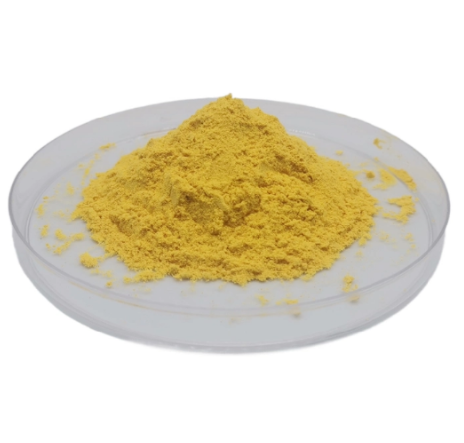
Tetracycline hydrochloride CAS:64-75-5
Tetracycline hydrochloride is a broad-spectrum antibiotic medication that is commonly used to treat various bacterial infections. It belongs to the tetracycline class of antibiotics, which work by inhibiting the growth and replication of bacteria.
Tetracycline hydrochloride is effective against a wide range of bacteria, including both Gram-positive and Gram-negative species. It works by binding to the bacterial ribosomes, preventing the synthesis of essential proteins that are necessary for bacterial growth and survival.
This antibiotic is primarily used to treat conditions such as respiratory tract infections, urinary tract infections, acne, gonorrhea, chlamydia, and certain types of skin infections. It is also sometimes used as a prophylactic treatment to prevent malaria.
-

Acetylcholinesterase CAS:9000-81-1
Anticholinesterases are a class of drugs or chemicals that inhibit the activity of the enzyme acetylcholinesterase. Acetylcholinesterase is responsible for breaking down the neurotransmitter acetylcholine in the body. By inhibiting this enzyme, anticholinesterases increase the levels of acetylcholine, leading to increased cholinergic activity in the central and peripheral nervous systems.
The main therapeutic use of anticholinesterases is in the treatment of neurological disorders such as Alzheimer’s disease and myasthenia gravis. In Alzheimer’s disease, these drugs aim to enhance cholinergic neurotransmission and potentially slow down cognitive decline. In myasthenia gravis, anticholinesterases help improve neuromuscular transmission and muscle strength.
Other uses of anticholinesterases include the diagnosis and treatment of anticholinergic poisoning, specifically from certain insecticides or nerve agents. These substances can cause excessive stimulation of the muscarinic and nicotinic receptors, leading to symptoms like muscle weakness, tremors, and respiratory distress. Anticholinesterases can reverse these effects by increasing acetylcholine levels and competition with the toxic substances.
-

Vancomycin hydrochloride CAS:1404-93-9
Vancomycin hydrochloride is an antibiotic medication that is used to treat serious bacterial infections. It is a glycopeptide antibiotic that works by interfering with the synthesis of the bacterial cell wall, resulting in the death of the bacteria.
Vancomycin hydrochloride is primarily effective against gram-positive bacteria, including methicillin-resistant Staphylococcus aureus (MRSA), coagulase-negative staphylococci, and streptococci. It is commonly used to treat infections such as bloodstream infections, skin and soft tissue infections, endocarditis, and bone infections.
-

Acylase from Aspergillus genus CAS:9012-37-7
Acylase is an enzyme produced by various species from the Aspergillus genus, including Aspergillus oryzae and Aspergillus niger. This enzyme belongs to the family of hydrolases and is involved in the hydrolysis of acyl compounds.
Acylases play an important role in various biochemical processes, particularly in the metabolism of organic compounds. They catalyze the cleavage of acyl groups from a substrate, often using water as a co-reactant. This enzymatic reaction is known as acyl hydrolysis.
Acylases from Aspergillus genus have been extensively studied and utilized in biotechnological applications. They have shown significant potential in the production of various valuable compounds such as amino acids, antibiotics, and other pharmaceutical intermediates.
-
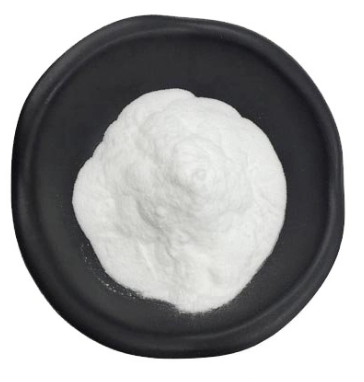
Neomycin sulfate CAS:1405-10-3 Manufacturer Price
Neomycin sulfate is an antibiotic medication belonging to the aminoglycoside class. It is commonly used to treat or prevent bacterial infections, particularly those affecting the skin and the gastrointestinal tract. Neomycin sulfate works by interrupting the protein synthesis process in bacteria, leading to their death.
Neomycin sulfate is primarily administered topically in the form of creams, ointments, or eye drops for skin and eye infections. It can also be given orally to treat certain gastrointestinal conditions, such as hepatic encephalopathy and certain types of diarrhea.
This medication is effective against a wide range of Gram-negative and some Gram-positive bacteria. It is commonly used in combination with other antibiotics to prevent the development of drug resistance.
-
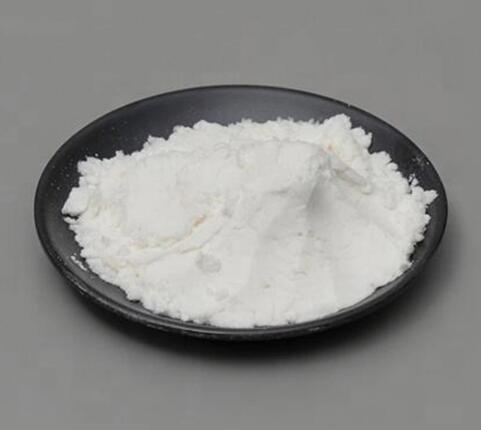
Puromycin dihydrochloride CAS:58-58-2 Manufacturer Price
Proteinase, also known as protease, is an enzyme produced by microorganisms that can break down proteins into smaller peptides or amino acids. This enzymatic activity is crucial for microbial growth and survival as it enables the microorganism to acquire essential nutrients from protein sources. Proteinases produced by microorganisms are widely used in various industries, including food and beverage, detergent, pharmaceutical, and biotechnology. They are employed for processes such as fermentation, protein hydrolysis, meat tenderization, cheese production, and protein purification. The neutral description signifies that proteinase from microorganisms does not possess any significant positive or negative impact in general but rather serves as a functional and practical tool in various applications.
-
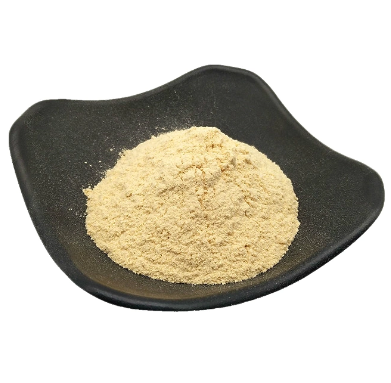
Nystatin dihydrate CAS:1400-61-9 Manufacturer Price
Nystatin dihydrate is an antifungal medication that is primarily used for the treatment of fungal infections. It is effective against a wide range of fungi, including Candida species.
When applied topically, Nystatin dihydrate works by disrupting the cell membrane of the fungi, leading to the leakage of cell contents and ultimately their death. It is commonly used to treat fungal infections of the skin, mouth, and gastrointestinal tract, including oral thrush and diaper rash caused by Candida.
-
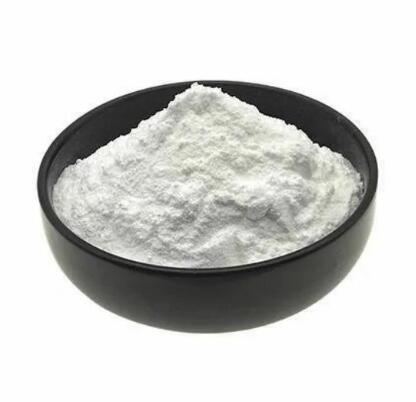
Penicillin G potassium salt CAS:113-98-4 Manufacturer Price
Penicillin G potassium salt is a pharmaceutical compound that belongs to the class of antibiotics known as penicillins. It is the potassium salt form of penicillin G, which is derived from the Penicillium fungus. This antibiotic is primarily used to treat various bacterial infections caused by susceptible organisms. It works by inhibiting the growth of bacteria and interfering with their cell wall synthesis, ultimately leading to their destruction. Penicillin G potassium salt is typically administered via injection and should only be used under the guidance and prescription of a healthcare professional.
-
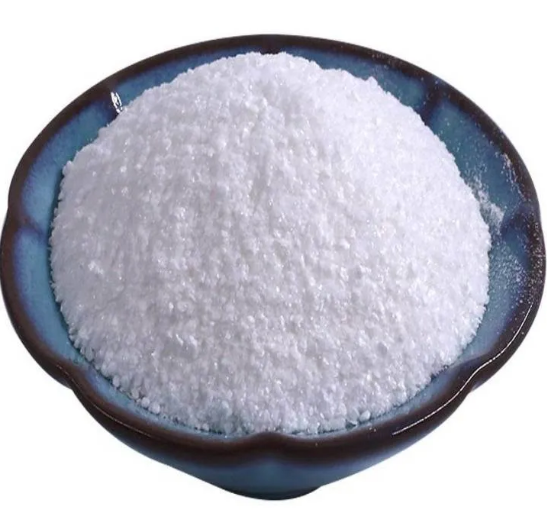
Phosphatase, alkaline CAS:9001-78-9 Manufacturer Price
Alkaline phosphatase is an enzyme found primarily in the liver, bones, kidneys, and intestines. It plays a vital role in various physiological processes, such as bone mineralization, liver function, and nutrient absorption.
The enzyme works by removing phosphate groups from different molecules, thereby influencing their activity or facilitating their breakdown. In the case of alkaline phosphatase, the preferred substrates are compounds containing phosphate esters, including nucleotides, proteins, and alkaloids.
-
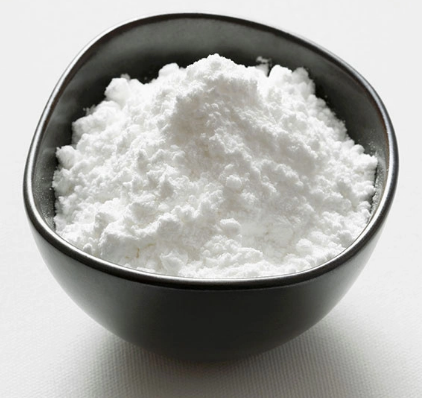
Phosphocreatinine disodium salt CAS:922-32-7 Manufacturer Price
Phosphocreatinine disodium salt is a chemical compound that is derived from creatine, a naturally occurring substance in the body. It is commonly used as a supplement in sports nutrition and exercise performance enhancement.
-

Polymyxin B sulfate CAS:1405-20-5 Manufacturer Price
Polymyxin B sulfate is a medication that belongs to the class of antibiotics known as polymyxins. It is primarily used to treat infections caused by certain types of bacteria, particularly Gram-negative bacteria.
Polymyxin B sulfate works by binding to the bacterial cell membrane, causing disruption and destabilization. This leads to leakage of essential components from the bacterial cell, ultimately resulting in its death. It is effective against a wide range of bacteria, including Pseudomonas aeruginosa, Escherichia coli, Klebsiella pneumoniae, and Acinetobacter baumannii.
This medication is typically administered via topical application, especially for skin and eye infections. It can also be given intravenously or intramuscularly for more severe systemic infections. The dosage and duration of treatment may vary depending on the specific infection and the individual patient.
-

Hygromycin B CAS:31282-04-9 Manufacturer Price
Hygromycin B is an antibiotic commonly used in scientific research as a selectable marker for genetic modification experiments. It acts by inhibiting protein synthesis in cells and is effective against a wide range of microorganisms. It allows for the selection and maintenance of cells that have successfully incorporated target genes, while non-transfected cells die.

